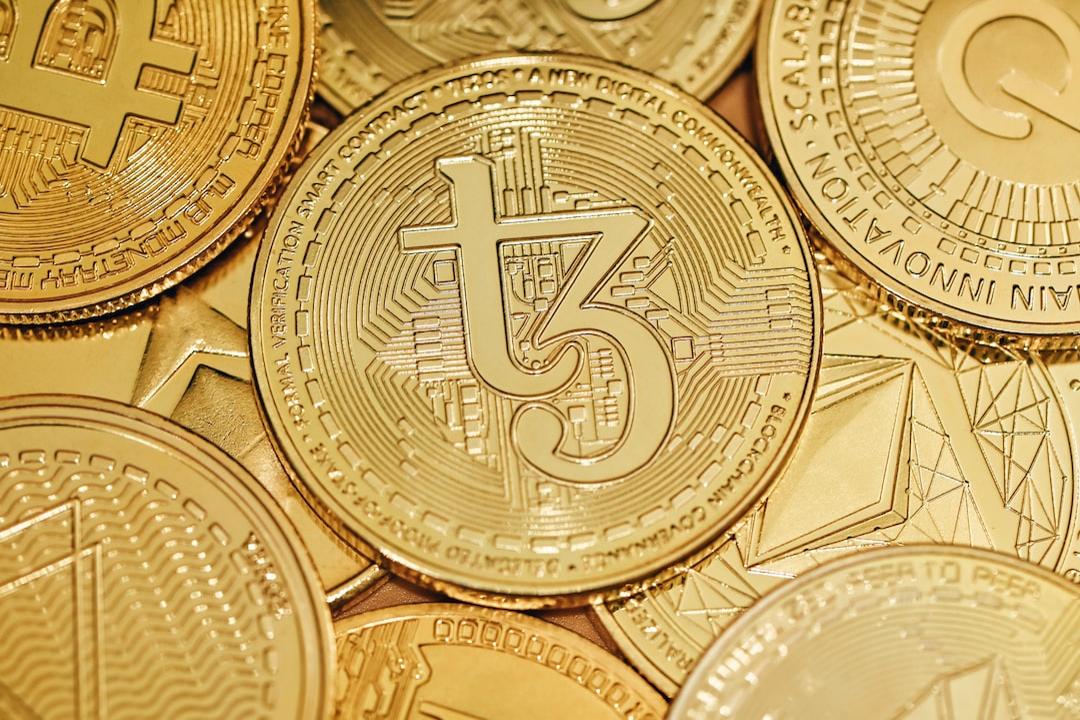Allinvain’s biggest mistake was storing unencrypted keys on his computer.
Authored by: The Bitcoin Historian, Crypto KOL
Translated by: Felix, PANews
Allinvain was mining when Bitcoin was below $0.05, owning 25,000 Bitcoins. This article takes you through the biggest robbery in cryptocurrency history: Allinvain’s tragic story of losing $1.6 billion.
In 2010, Allinvain founded one of the first Bitcoin exchanges, Bitcoin Express. Bitcoin Express allowed users to purchase BTC using PayPal. Allinvain sold 1,000 BTC for $5 each, at a price of $0.005 per BTC.
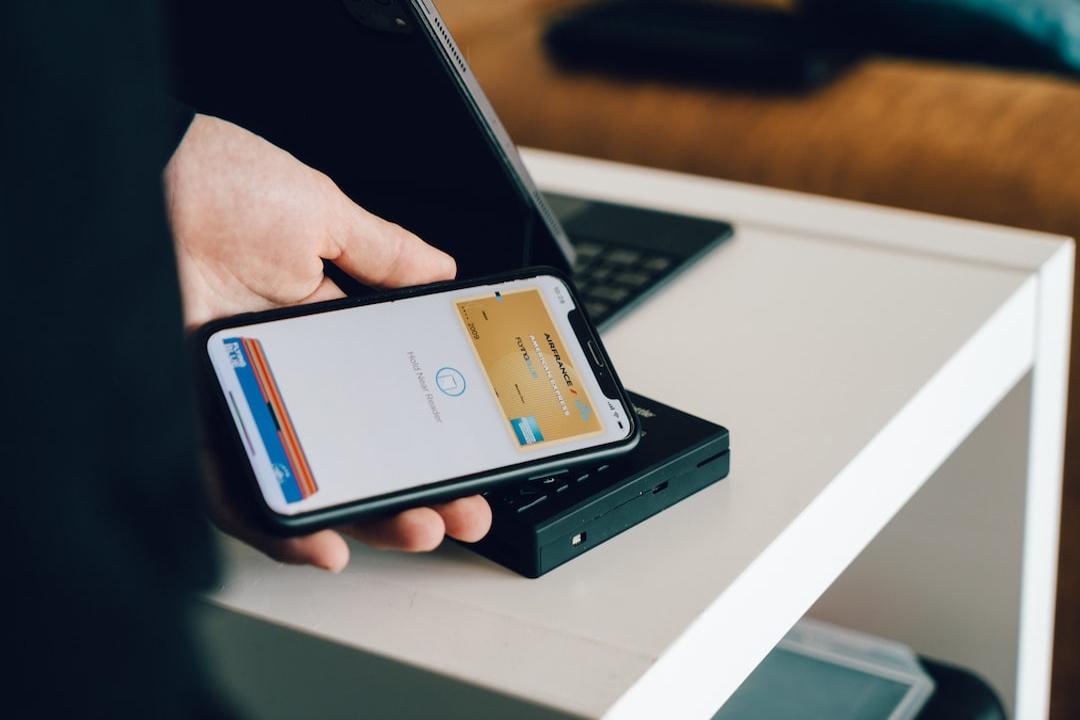
But Allinvain was also a dedicated Bitcoin miner. He could mine 500 BTC per hour using just a laptop, which means 1,200 Bitcoins every day.

When mining Bitcoin was worth $10, Allinvain could still use a household computer. He just pressed a button to generate BTC.

By 2011, mining difficulty skyrocketed, reaching a hash rate of 4 TH/s. In 2010, the hash rate was only 0.001% of that number, an increase of 114,000%. Allinvain said, “It was like everyone, their mothers, fathers, cousins, etc., started mining.”

The more Allinvain researched, the more amazed he became. Allinvain wanted to help Bitcoin and began advocating for purchasing and selling real goods with Bitcoin (BTC).
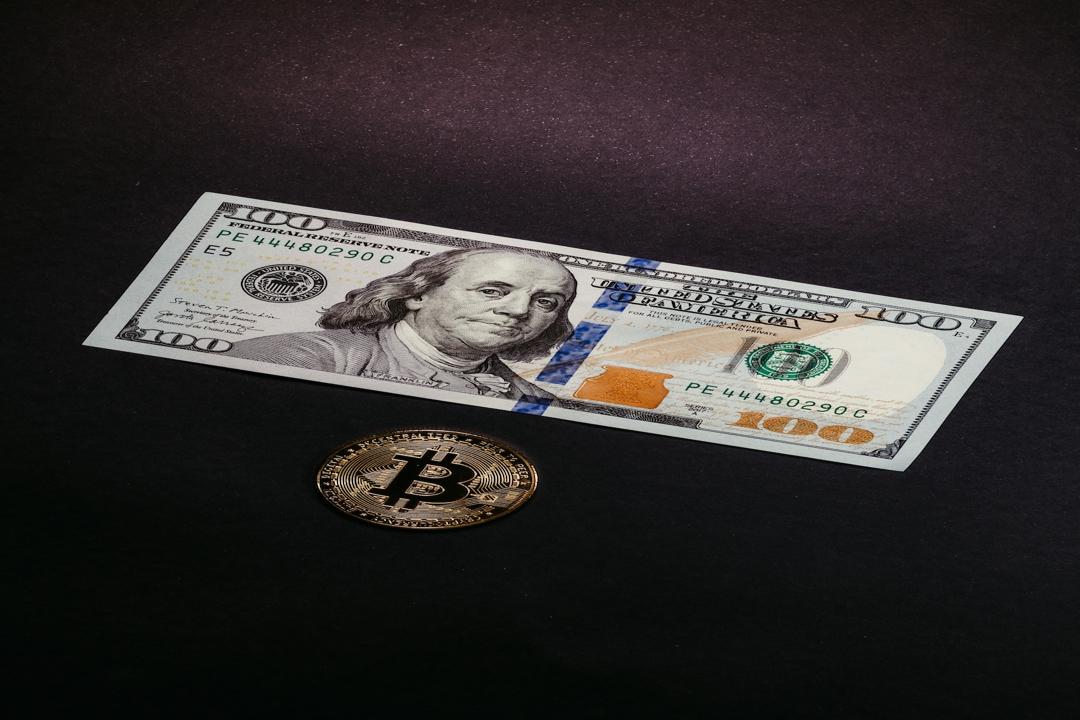
Allinvain quickly became a Bitcoin whale, owning over 25,000 Bitcoins. In early 2011, Allinvain cheered for the rising Bitcoin price, which soared to $30. This was the first Bitcoin bubble. Allinvain had “magical” money worth $500,000 at that time.

Disaster struck on June 13th, 2011. Allinvain saw a transaction of 25,000 BTC in his wallet. And just like that, all his BTC was stolen.

Allinvain was devastated and fell into depression. All his work for Bitcoin went down the drain.

To make matters worse, this news spread worldwide. Forbes, The Atlantic, and NPR all covered it, calling it the first Bitcoin theft.

The massive theft sparked conspiracy theories. Some said it was all planned by Allinvain himself, accusing him of spreading FUD.
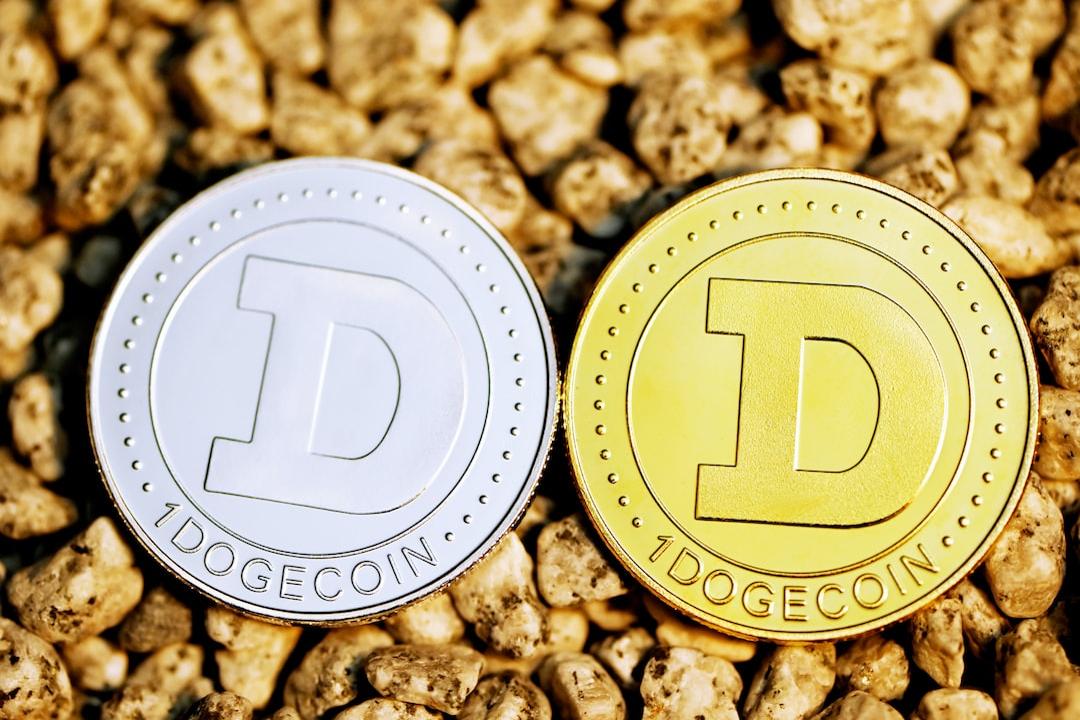
What really happened? Allinvain admitted it was his own fault. “I trusted the security measures too much, which was really stupid.”

Allinvain backed up his wallet to Dropbox, Wuala, and SpiderOak. When he found out Dropbox employees could access files remotely, he deleted them. But the root cause was someone invading his computer and stealing the unencrypted wallet file.

Allinvain later discovered it might have been a trojan virus disguised as Bitcoin mining software.
He issued a reminder again: personal security is crucial when holding BTC.
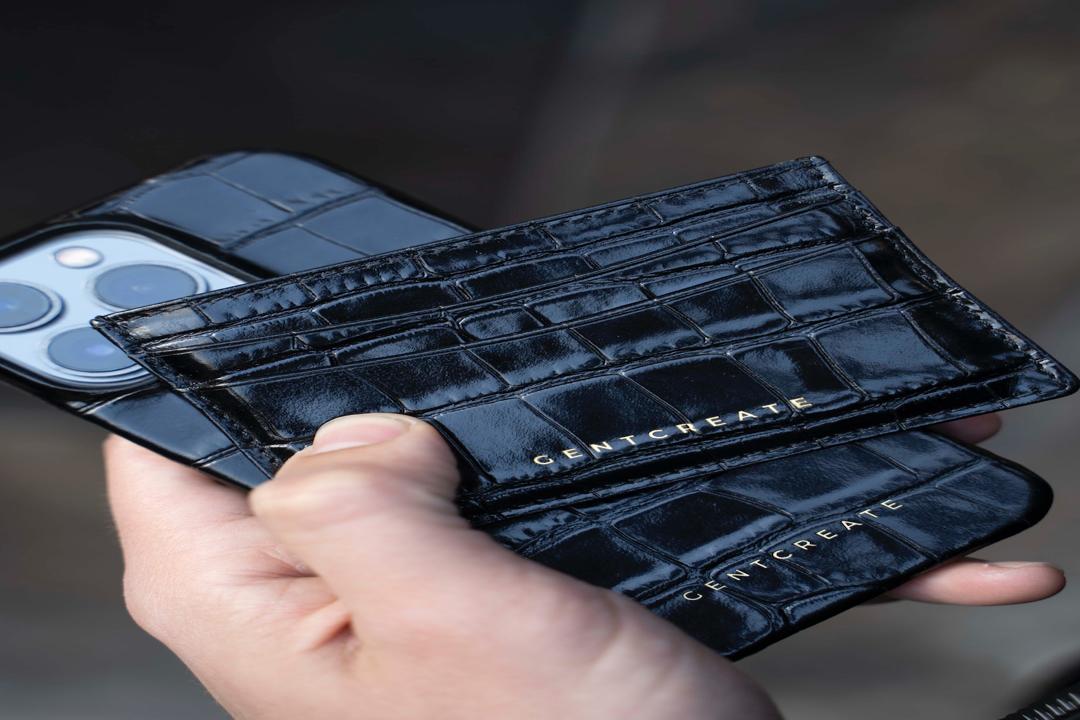
But the hacker attack didn’t stop Allinvain from moving forward. He remained active in the Bitcoin space and started his own hosted mining business, striving to regain his wealth.

Allinvain’s biggest mistake was storing unencrypted keys on his computer. The hacker’s actions serve as a warning to always keep private keys in a secure offline location. Even some of the most well-known companies in the Bitcoin space have suffered similar attacks.
To this day, Allinvain’s story continues to remind people of the importance of Bitcoin security.


